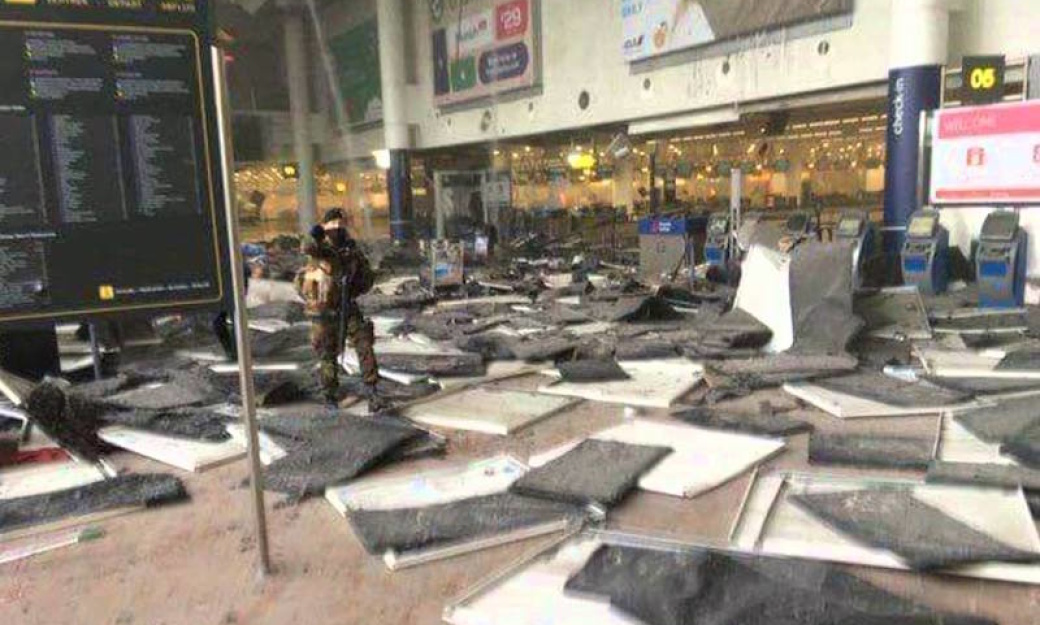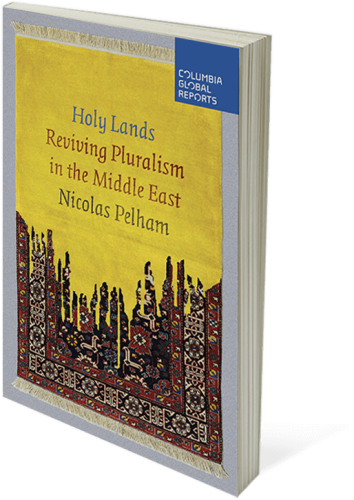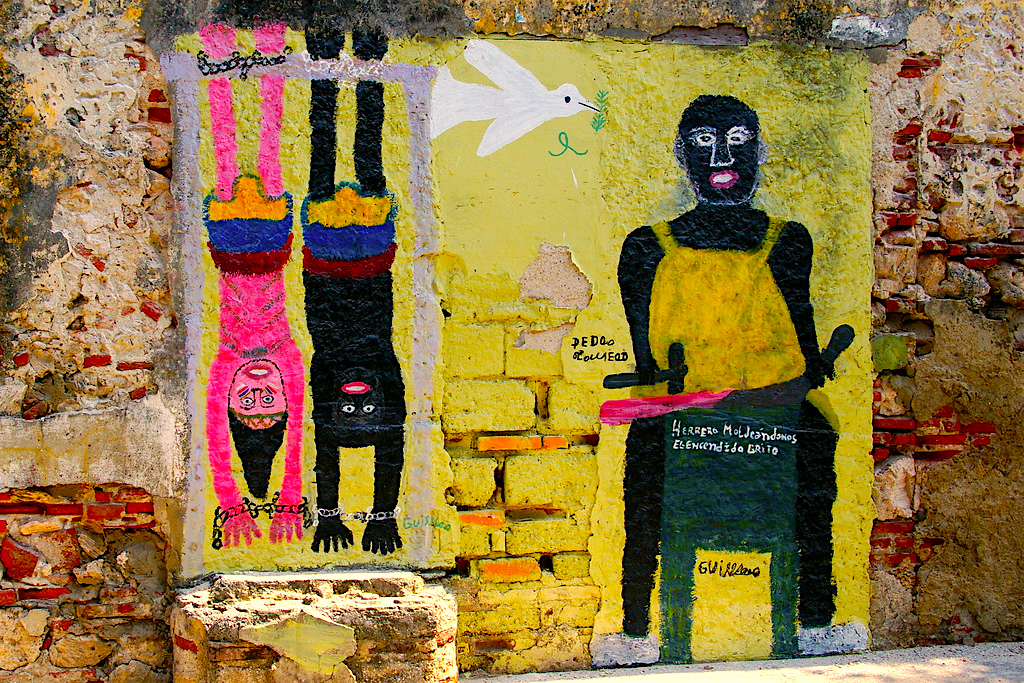In Brussels, An Attack Predictable and Preventable

Brussels, the capital of Belgium and the de facto capital of the European Union, was for many years synonymous with excruciating hours of EU talks that drag on only to yield watered-down compromises wrapped in legalese. The eurozone crisis, austerity protests, skyrocketing unemployment, massive bailouts, and the rise of far-right parties were among a slew of extremely complicated problems of the EU that dominated the early part of this decade.
There have been times when radicalization among youths in Belgium or the country having the highest number of foreign ISIS fighters per capita made international headlines. But the spotlight always fizzled. That is, until Belgium fell under intense scrutiny when links to Brussels were made after the November 2015 Paris attacks.
 Now, the strikes are on home soil. Last Tuesday, two suicide bombers blew themselves up in the departures hall of Brussels Airport. Less than an hour later, another attacked a metro car near the headquarters of the European Commission. Thirty-five people were killed and more than 300 injured in the deadliest act of terrorism in Belgian history. The global press corps has descended upon Brussels, with reporters analyzing every bit of detail as pundits ask, “What went wrong?”
Now, the strikes are on home soil. Last Tuesday, two suicide bombers blew themselves up in the departures hall of Brussels Airport. Less than an hour later, another attacked a metro car near the headquarters of the European Commission. Thirty-five people were killed and more than 300 injured in the deadliest act of terrorism in Belgian history. The global press corps has descended upon Brussels, with reporters analyzing every bit of detail as pundits ask, “What went wrong?”
For many Belgians, the arrival of terror didn't come as a big surprise. The idea that an attack could happen at the heart of Europe had felt almost like a foregone conclusion. The government even locked down the capital for four days in November after receiving specific threats of an attack.
Since arriving in Brussels in 2011, I've done a number of stories on extremism and radicalization in Belgium. I've met preachers allegedly spreading radical ideas in lower Molenbeek, the working-class part of the now infamous immigrant-heavy district, home to three of the Paris attackers. One, Fouad Belkacem, accused of sending jihadists to Syria, is now in jail. In 2006, a young Flemish journalist of Morrocan descent named Hind Fraihi posed as a sociology graduate student and spent three months living in Molenbeek, and her experience was turned into a book, Undercover in Little Morocco: Behind the Closed Doors of Radical Islam. “Ten years ago I was treated as an Islamophobe, and a racist,” Fraihi said in an interview last week. “Some people said I had psychological problems and that I was a Muslim traumatized by Islam.” Yet Fraihi demonstrated that the presence of jihadists in Molenbeek was at least a decade-old phenomenon, and an attack was like a fuse waiting to be lit.
Belgium's and Europe’s de-centralized and bureaucratic set-up has bred inefficiencies and failures in intelligence sharing. Top officials have acknowledged that they should have acted on an alert about Ibrahim el-Bakraoui, one of the suicide bombers who was briefly arrested in Turkey last year on suspicion of terrorist activity. His Khalid, another suicide bomber, had been wanted in connection with the Paris attacks. The country has two separate intelligence services, the military General Intelligence and Security Service and the civilian State Security Service. Brussels, a city of about one million, has six police departments rather than one. Funding and training of Belgium's intelligence apparatus have been called into question. Security lapses—even reports of a police orgy amid a terror alert—have prompted the Belgian interior and justice ministers to offer their resignations.
Sometimes, miscommunications and errors can come from simple cultural and linguistic barriers. There have been times in my reporting when my French question was met with an English response. Dutch, French, and German are all official languages in Belgium, and there are sometimes disdain between the communities. It is difficult to expect immigrants to integrate and to identify as “Belgian” when Belgians might not even know what that is.
In lower Molenbeek, unemployment rate hovers around 30 percent, with slow economic growth continuing to dampen prospects. Two days after the attacks, I spent the afternoon in a corner teahouse engaged in long discussions with the neighborhood folks. Most of the people I spoke to were of Moroccan, Algerian or Turkish origins. They condemned the attacks (“they don't represent Muslims”) but also asserted that young men in the neighborhood have no jobs and no prospects—“they’re not in their right mind.”
I also spoke to a friend who knew a victim in the airport bombings. “This had been years in the making, even way before the Paris attacks,” Chris Vanslembrouck says. “Radicalization is the new virus. It's based on hatred towards others, and I knew this could happen here one day.” The high-profile arrest, just days before, of Salah Abdeslam, the prime suspect in the Paris attacks, is a clear example of why one arrest, no matter how high up the hierarchy, does not nip the problem in the bud.
Vanslembrouck blames past Belgian governments for not pushing for real integration. Will the attacks happen again? “Definitely,” says Vanslembrouck. “Terrorist cells are growing and it's a Europe-wide problem. If not Belgium, then somewhere else in Europe.”
Tesa Arcilla is a multimedia journalist based in Brussels.
